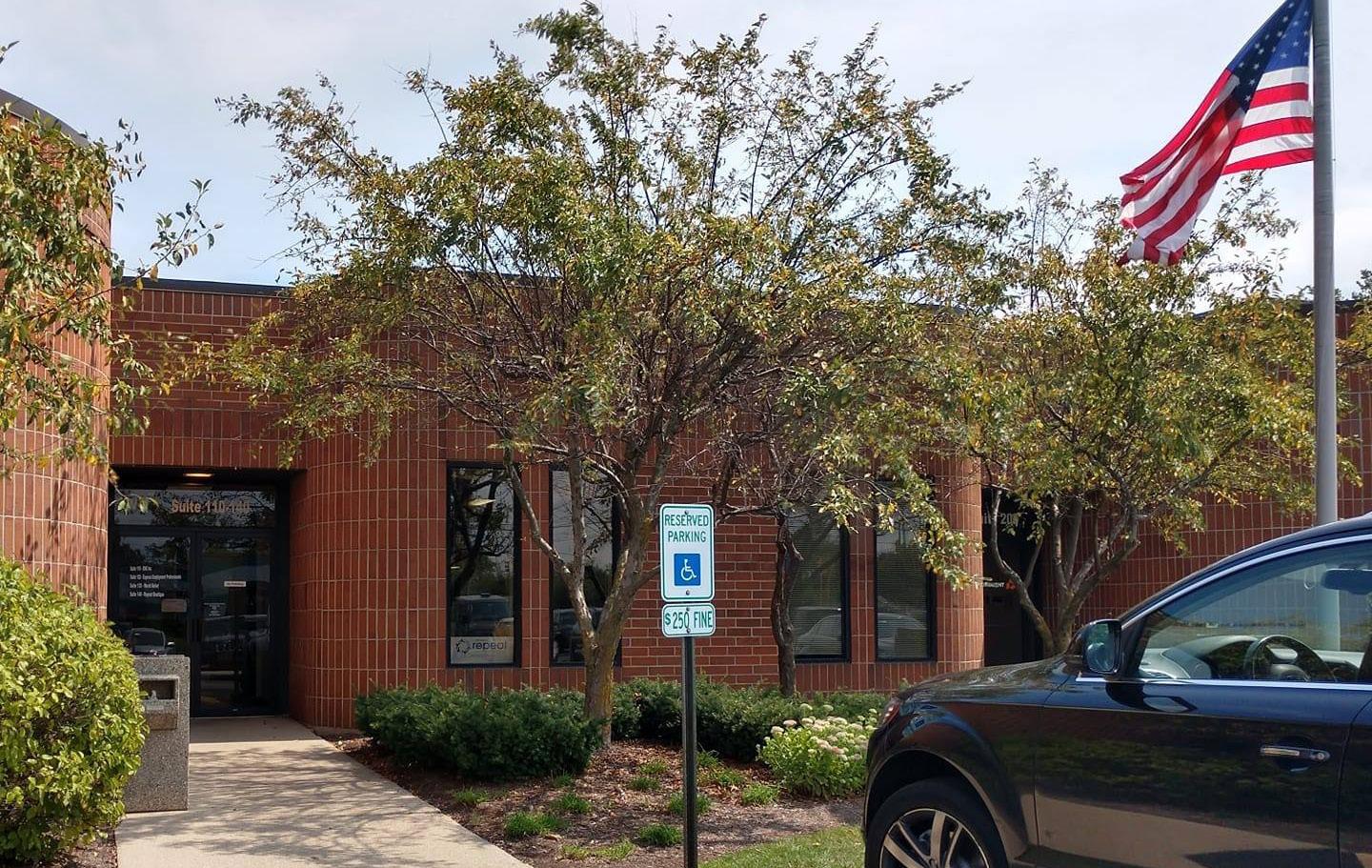
5 minute read
Midweek What?
Pastoral Resident Jacob Warren
Whatever happened to church prayer meetings? According to Charles Spurgeon, the prayer meeting was alive and well in his days, “I always give all the glory to God, but I do not forget that He gave me the privilege of ministering from the first to a praying people. We had prayer meetings that moved our very souls, each one appeared determined to storm the Celestial City by the might of intercession.”
Where is this vitality, earnestness and efficacy that Charles Spurgeon witnessed? Some people have suggested that since many of us aren’t committed to pray on our own, why would we feel compelled to pray together, out loud, in public? Others point to our overfull calendars and schedules that preclude any possibility for consistent attendance at church prayer meetings. We’re simply over-committed.
For some it might be “fear of man,” a preoccupation with other people’s opinions that causes our blood pressure to spike at the thought of being asked to pray out loud in the company of others. Maybe it’s simply that prayer is hard, and while we are willing to acknowledge the importance of prayer, we just might not believe that it’s worth the effort, particularly in a group setting.
No one would dispute that private prayer is important. After all, Jesus warned us not to be like those who pray in public for recognition’s sake, but to “go into your room and shut the door and pray to your Father who is in secret.” (Matthew 6:5-6) Jesus himself modeled this by going out “very early in the morning, while it was still dark [he] got up, left the house and went off to a solitary place, where he prayed.” (Mark 1:35, NIV) Or in Matthew 14:23 where “after [Jesus] dismissed the crowds, he went up on a mountain by himself to pray, when evening came, he was there alone.” In perhaps Jesus’s most trying hour, he “withdrew about a stone’s throw beyond them [his disciples], knelt down and prayed…” (Luke 22:41, NIV)
I remember attending Christian camps as a teenager (incidentally, all before my coming to faith in Christ) where the theme was often the importance of personal quiet times and how to have them. The camp would give us slick looking youth-oriented journals to help guide our times of study and prayer. I’m grateful for these efforts; like so many other spiritual investments by others in my life, they produced real fruit after the fact, once I’d come to saving faith in Christ while in college. I only bring this up to note that while our personal relationship with Jesus is indeed crucial, in our personal times of prayer, it is easy to overemphasize the private Christian life to the exclusion of our corporate one. By that, I mean our identification with Christ’s body represented in the local church and lifting our voices in prayer together. This de-emphasis is particularly easy to understand given our own Western context where personal autonomy is king.
So why should we commit to praying together? What did it look like for the early church to do so? What Scriptures come to your mind when you answer these questions? Let’s start with the example of the first disciples and churches.
After Jesus had been crucified, had risen from the dead, had issued his commission to his disciples and finally ascended into heaven, what do you think was the first thing the disciples did? “They returned to Jerusalem…And when they had entered, they went up to the upper room, where they were staying… all these with one accord were devoting themselves to prayer, together with the women and Mary the mother of Jesus, and his brothers.” (Acts 1:12-14)
After the miraculous events of Pentecost, and the adding of so many souls to the kingdom, what did regular church life consist of for these new believers moving forward? Acts 2:42 tells us that, “they devoted themselves to the apostles' teaching and the fellowship, to the breaking of bread and the prayers.” (NIV)
After Peter and John were threatened by the religious rulers and released after preaching at Solomon’s Portico, how did they and their friends respond? “…they lifted their voices together to God,” giving glory and praise to God for his sovereign rule and plan, asking him to, “look upon their threats and grant to your servants to continue to speak your word with all boldness, while you stretch out your hand to heal, and signs and wonders are performed through the name of your holy servant Jesus” (see Acts 4:24, 29-30).
The effect of this impromptu prayer meeting was astounding as “the place in which they were gathered together was shaken, and they were all filled with the Holy Spirit and continued to speak the word of God with boldness.” (Acts 4:31) I could write about how the church gathered to pray in response to adversity, prayed prayers for healing, prayers for spiritual gifting, prayers for rescue and protection, prayers for wisdom and empowerment of those sent out for the sake of the gospel, and so on. The spiritual reflex of the early church was to gather and pray.
What could it mean for us as a church to prioritize real and vital prayer? What would a pervasive culture of impromptu and intentionally planned prayer look like? I’m grateful when I think of the various pockets of faithful prayers that can be found throughout the week all over our campus. I’m encouraged when I hear of people gathering for prayer and Bible study at the workplace week to week, right here in Wheaton.
As you consider what your own involvement might look like, I’d start by finding one of these pockets of prayer and adding your own voice to theirs. I’ve prayed together alongside a number of these folks, and I know they’d be delighted to see you and would be much less likely to judge the quality of your prayers than you might imagine. I also want to bring to your attention the upcoming All Church Prayer Meeting that will be taking place in the Commons on Sunday, March 15. Meetings like these are wonderful times to engage as a local body, to be challenged and aided by various prayer helps and to be encouraged and spurred on by the prayers of those alongside you.
Just before moving to Wheaton to begin College Church’s pastoral residency program, I met with a mentor of mine for coffee as we often did. That morning, I asked him what he would prioritize if he were the one starting the residency. He took a sip of his coffee, thought for a moment and replied, “I’d find the praying people.”








